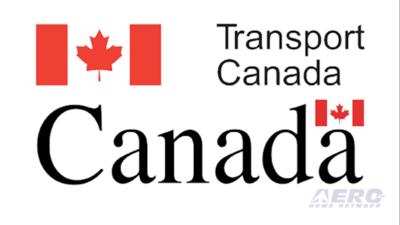Tue, Feb 21, 2017
Advertisement
More News
 Airborne 10.15.25: Phantom 3500 Confounds, Citation CJ3 Gen2 TC, True Blue Power
Airborne 10.15.25: Phantom 3500 Confounds, Citation CJ3 Gen2 TC, True Blue Power
Also: Kodiak 100 Joins USFS, Innovative Solutions & Support Renamed, Gulfstream Selects Honeywell, Special Olympics Airlift The Phantom 3500 mockup made an appearance where the>[...]
 Airborne 10.14.25: Laser Threat, VeriJet BK, Duffy Threatens Problem Controllers
Airborne 10.14.25: Laser Threat, VeriJet BK, Duffy Threatens Problem Controllers
Also: USAF Pilots, Atlanta Tower Evac, Archer Spotlight Dissipates, Hop-A-Jet Sues A social-media call for people to point lasers at aircraft flying over Portland’s ICE facil>[...]
 Aero-News: Quote of the Day (10.20.25)
Aero-News: Quote of the Day (10.20.25)
“We developed this prototype from concept to reality in under a year. The U-Hawk continues the Black Hawk legacy of being the world’s premier utility aircraft and opens>[...]
 ANN's Daily Aero-Term (10.20.25): Flameout Pattern
ANN's Daily Aero-Term (10.20.25): Flameout Pattern
Flameout Pattern An approach normally conducted by a single-engine military aircraft experiencing loss or anticipating loss of engine power or control. The standard overhead approa>[...]
 NTSB Final Report: Schweizer SGS 2-33A
NTSB Final Report: Schweizer SGS 2-33A
Student Pilot’s Failure To Maintain Airspeed And Altitude Resulting In A Collision With The Ground During The Base To Final Turn Analysis: The solo student pilot reported she>[...]
blog comments powered by Disqus




